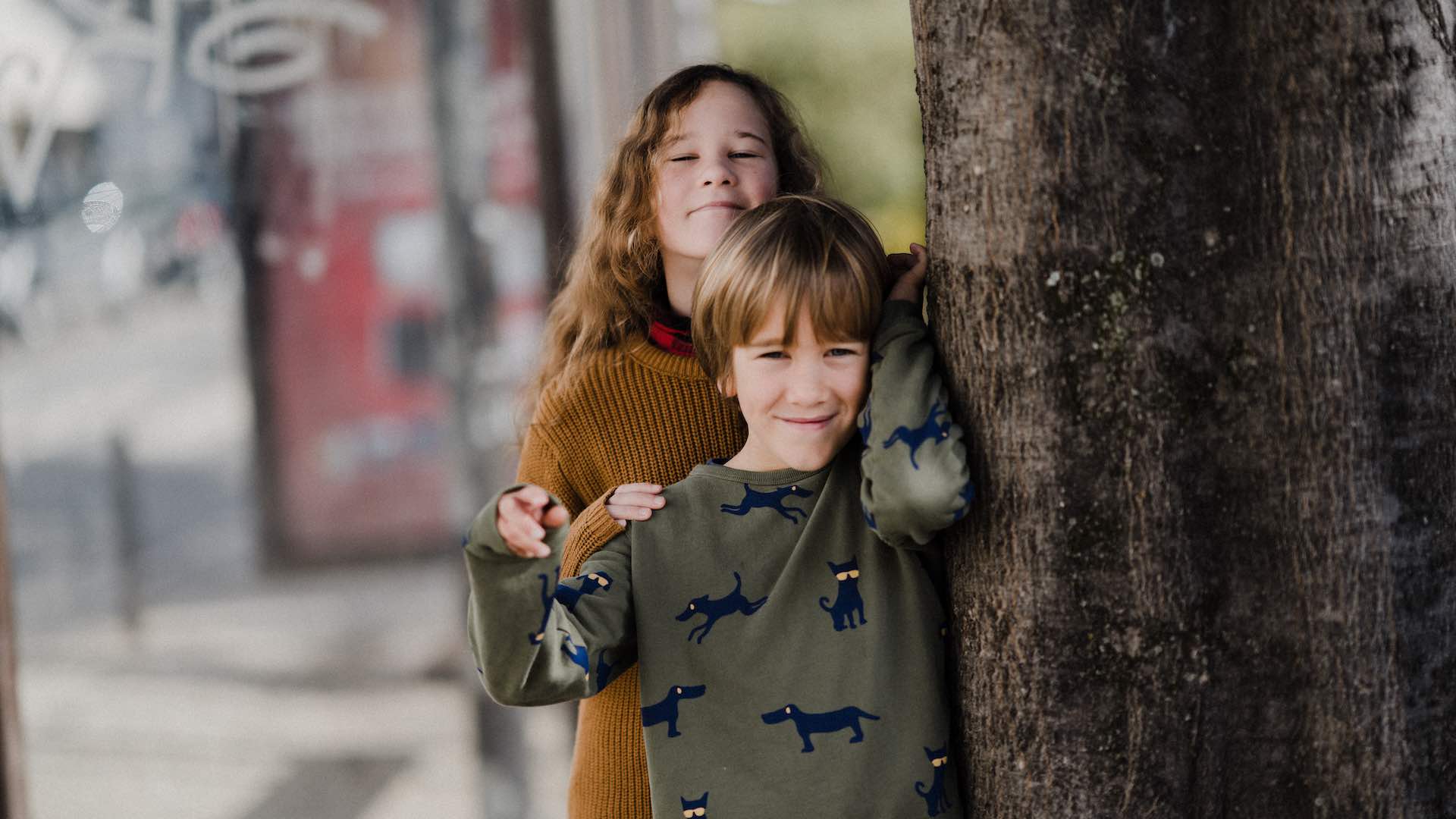There are three types of child custody in Wisconsin, sole legal custody, joint legal custody and the other is a combination of both of them. Also, there are 3 types of physical placement: shared physical placement, split placement, and primary physical placement.
You will have the responsibility of making decisions on behalf of a child if they award you custody in Wisconsin. These decisions include their religion, medical care and education.
A joint legal custody occurs when both parents get awarded custody of the child. Arrangements like these occur often in Wisconsin, as the court presumes that a child is better off with both parents instead of one.
Whenever one parent gets awarded custody of a child, it’s called sole legal custody. Even though the court prefers joint legal custody, they do grant sole custody if they think that’s in the best interest of the child. There are other factors that can cause the court to grant sole custody. They are:
- If both parties agree with sole custody
- When both parties aren’t able to make joint decisions
- If the two parties disagree on sole custody, but one parent isn’t capable of managing parenthood on their own.
The last type of custody is the joint legal custody, where only one parent has the final say if they both can’t agree.
Physical Placement in the State of Wisconsin
When the court has the right to have a child physically placed at another party’s house with the authority to make decisions concerning the child’s care, it is called physical placement.
If you’re getting divorced, there’s no guarantee that you will end up getting custody of your child. The only guarantee is in certain special circumstances.
The court will make a judgement pertaining to what they said about the matter to determine placement. Wherever the child lives on a daily basis is called physical placement.
Your attorney may provide you with their advice on the outcome of the case. However, that’s just their opinion, the final decision is up to the court.
The Difference Between Placement and Visitation
Visitation happens when someone from outside the immediate family gets involved and spends time with a child. Third parties persons are significant others, grandparents, or stepparents. The term placement has to do with parents who’s spending quality time with their children.
Factors for Registering for Child Placement in Wisconsin
The court always takes the child’s best interest at heart when making a placement decision. Some factors that the court may take into consideration when handing down its judgement are:
- The child’s parents’ wishes
- The child’s wishes
- How the child interacts with their parents, other siblings and members of their family
- The total amount of time spent with the child by each parent in the past
- The child’s age, educational and needs for their development
- Childcare service availability
- The mental and physical wellbeing of both parents and also the child
- How the child adjusts to school, home and their environment on a whole
- The need to have a meaningful physical placement
- The corporation of both parties
- Whether there’s domestic abuse in the child’s household
- Whether or not one parent tolerates the child being with the other parent
Before they set the matter for a hearing and the placement is set, the court orders an intervention between the parties. If there’s no decision made at mediation, the court will assign a Guardian ad Litem, who will start acting on behalf of the child once the child is a minor.
The parties normally pay the fees for the Guardian ad Litem, but nowadays the courts are deviating from going that route. It is the court’s obligation to set a placement date that will allow the child to have a meaningful relationship with each of their parents.
Schedule for Child Placement
If both parents shared over ninety-two nights with the child, it’s called shared legal custody. Equal care is also considered, even though nights spent are normally awarded.
In a 50-50 physical placement, parents have a 2*2*5 schedule, which they follow or a variation such as one parent keeps the child for 2 weekdays and the other parent for the other 2 workdays. The weekends are then done alternatively with each parent.
Parents can consult with each other to find out what works best for them both. The schedule is more than a regular agreement saying that both parties will work together to ensure the 50/50 basis is preserved.
If the children are big enough, some parents choose to do week on week off instead. The facts presented to the court will be different for each family, which will help with the final decision.
What is Share Placement?
Shared placement is where the court ordered a period of 25% placement from a parent. This parent will also get orders to stand the cost of the basic needs of the child from the court.
What is Split Custody?
In the instance that there’s a split custody judgement handed down by the court, children will get split between both parents. However, the children will be back together every weekend and on holidays.
The best consideration must be given to the placement of your child and should be given to joint custody and placement. The decisions you make at this point will affect your child’s life forever.
The advice you take should not only be from your family and friends and your divorce lawyer, but from your child’s psychologist. It’s advised that you have a coordinator for your child when going through divorce proceedings. This person will give advice on the best way forward pertaining to your child.
Unfortunately, in Wisconsin, there are too many cases where the child’s concerns become secondary and their best interest isn’t taken at heart. As parents, it’s best to think about what’s best for your child financially before moving forward in a divorce.
Our attorneys that do child replacement cases at Vanden Heuvel & Dineen, S.C. law firm have extensive knowledge in this area. Contact us today to get the help you deserve for your family.




